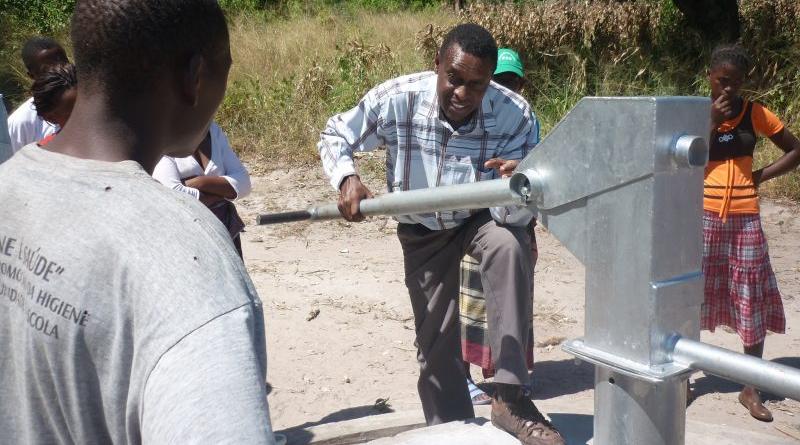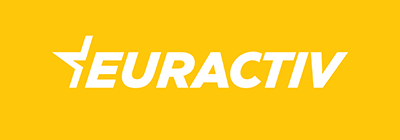EU unlocks €800 million for African investment vehicle

The EU’s much vaunted private investment vehicle in Africa has moved a step closer to becoming reality after €800 million was unlocked to leverage multi-billion euro investments on the continent.
At a meeting on July 10, the board of the European Fund for Sustainable Development gave its green light to a package of financial guarantee programmes worth around €800 million as part the bloc’s External Investment Plan (EIP).
The European Commission says this will help to leverage an estimated €8-9 billion in public and private investment, predominantly in Africa.
Modelled on the so-called Juncker Investment Plan, the EIP promises to leverage €44 billion of investment by channelling capital and guarantees worth €4.1 billion from the EU budget through national and development finance institutions.
The first projects under the scheme will focus on renewable energy and increasing access to mobile accounts and credit, via partnerships with the African Development Bank and Spanish and Italian banks.
The EU executive says that the programme is likely to be heavily over-subscribed.
“We’ve had huge interest from financial actors. Much more than the budget will allow,” a Commission official told EURACTIV.
However, the Commission is not expected to sign the programme’s first contracts until later this year, nearly two years after Jean-Claude Juncker launched the EIP.
Projects are then expected to start in early 2019, an EU official told EURACTIV.
Blending public and private money has become increasingly popular in the EU and across the wider development finance community. However, some civil society organisations have warned that using private finance and the profit motive risks blurring development policy priorities.
“This is a significant development in the implementation of the External Investment Plan. Yet significant questions remain as to whether this is the best way to reduce poverty and deliver on the Sustainable Development Goals,” Maria Jose Romero, policy and advocacy manager at the European Network on Debt and Development (Eurodad) told EURACTIV.
“We urge the European Commission to do an impact assessment of the current EIP before any expansion is considered. So far, no contract using EIP guarantees has even been signed.”
Despite such misgivings, the EIP’s role and mandate is expected to be expanded in the EU’s upcoming negotiations on its next seven-year budget framework.
There will be a “stronger push for innovative instruments” in the 2021-2027 EU budget, the Commission official added.
“The EU should only carry out this expansion in the next budget if there is proof that its approach genuinely contributes to Agenda 2030’s core objective of leaving no-one behind,” commented Romero.
11 July 2018
Benjamin Fox


